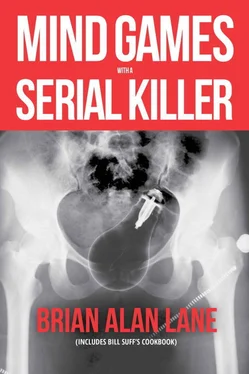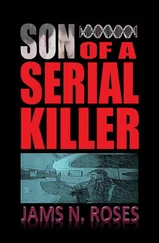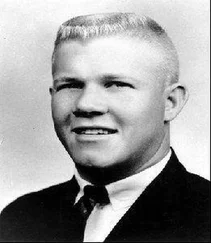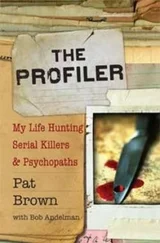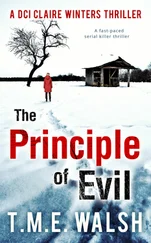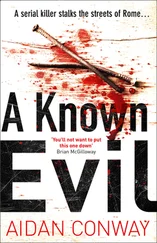Brian Lane - Mind Games with a Serial Killer
Здесь есть возможность читать онлайн «Brian Lane - Mind Games with a Serial Killer» весь текст электронной книги совершенно бесплатно (целиком полную версию без сокращений). В некоторых случаях можно слушать аудио, скачать через торрент в формате fb2 и присутствует краткое содержание. Год выпуска: 2015, Издательство: Dove Books, Жанр: sci_social_studies, Биографии и Мемуары, Маньяки, на английском языке. Описание произведения, (предисловие) а так же отзывы посетителей доступны на портале библиотеки ЛибКат.
- Название:Mind Games with a Serial Killer
- Автор:
- Издательство:Dove Books
- Жанр:
- Год:2015
- ISBN:нет данных
- Рейтинг книги:3 / 5. Голосов: 1
-
Избранное:Добавить в избранное
- Отзывы:
-
Ваша оценка:
Mind Games with a Serial Killer: краткое содержание, описание и аннотация
Предлагаем к чтению аннотацию, описание, краткое содержание или предисловие (зависит от того, что написал сам автор книги «Mind Games with a Serial Killer»). Если вы не нашли необходимую информацию о книге — напишите в комментариях, мы постараемся отыскать её.
This is a unique book containing everything that was heretofore known and suspected but meticulously kept “off the record”, as well as details that that only the killer knew until now. There are interviews with principals; transcripts of the illegal police interrogation of Bill; excerpts from the cookbook, poetry, and writings of Bill; a step-by-step reconstruction of the mental chess game between Bill and Brian; and appreciation for how “friendship” with this serial killer led to death for some but salvation for others.
For seven years—1985 to 1992—Bill hid in plain sight while terrorizing three Southern California counties, murdering two dozen prostitutes, mutilating and then posing them in elaborate artistic scenarios in public places—he’d placed a lightbulb in the womb of one, dressed others in men’s clothes, left one woman naked with her head bent forward and buried in the ground like an ostrich; he’d surgically removed the right breasts of some victims, and cut peepholes in the navels of others.
When the newspapers said that the killer only slayed whites and hispanics, Bill ran right out and raped, torutred and killed a pregnant black woman. When a film company came to town to make a fictional movie about the then-uncaught killer, Bill left a corpse on their set. And, as the massive multi-jurisdictional police task force fruitlessly hunted the unknown killer, Bill personally served them bowls of his “special” chili at the annual Riverside County Employees’ Picnic and Cook-off.
William Lester “Bill” Suff. He says he’s innocent, says he’s been framed, says he’s the most wronged man in America, maybe the world. He’s easygoing, genial, soft-spoken, loves to read, write, draw, play music and chat endlessly. He describes himself as a lovable nerd and a hope-less romantic, and he fancies himself a novelist and poet.
Brian first connected with Bill on the basis of writer to writer, and that’s when the mind games began. Even in jail, Bill was the master manipulator, the seducer who somehow always got way. But Brian was determined to lose himself in Bill’s mind, in Bill’s fantasies, to get at the truth of who and what Bill Suff is. Only then would he know the truth of how close we are all to being just like Bill.
Some readers wrote that the book was “personally important and life-changing”, others that it was “the only serial killer book with a sense of humor”, and others that they wished the author dead or worse. The son of one of Suff’s victims held on to the book as life-preserving testimony to the goodness of his fatally flawed mother and the possibility that his own redemption would eventually be in his own hands.
Meanwhile, TV series and movies continuously derive episodes and plots from the unique details of the murders and the spiraling psyches of the characters as laid out in the book.
When it was first released, Brian Alan Lane’s genre-bending bestseller “Mind Games With a Serial Killer” was simultaneously hailed and reviled. “Highly recommended: the creepiest book of the year… A surreal portrait of a murderous mind.” (
) “This book is an amazing piece of work—it’s like Truman Capote on LSD.” (Geraldo Rivera on
) “A masterpiece… that needs to be sought out and savored by all those with a truly macabre sensibility… A post-modernistic
… that could have been concocted by Vladimir Nabokov.” (
) “A new approach to crime… absolutely riveting, utterly terrifying.” (
)
